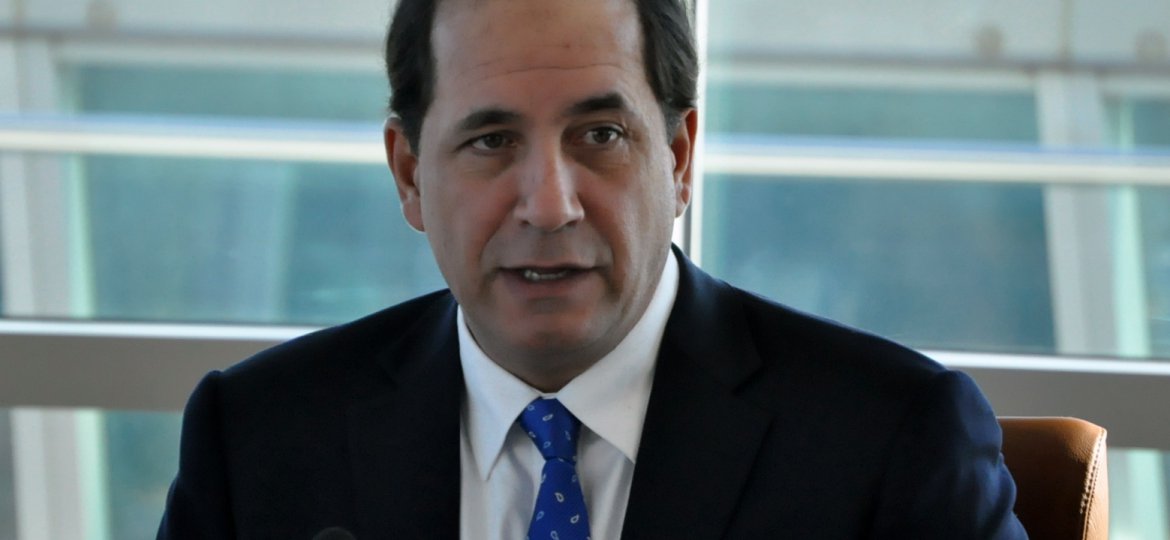
TRENTON – Legislation sponsored by Senate Health, Human Services and Senior Citizens Committee Chairman Joseph F. Vitale that would require first responders and health professionals to provide information about substance abuse treatment programs and resources to anyone who receives an opioid antidote for a drug overdose was approved today by the committee.
“That sobering moment when an individual overdoses is often life-changing. Providing critical information about substance abuse treatment options and resources can forever change that individual’s life,” said Senator Vitale (D-Middlesex). “But this alone will not move us forward in the fight against the opiate crisis in New Jersey. We must continue to integrate our focus on education, prevention, treatment and recovery in order to succeed.”
Under the bill, S-294, if a person who receives an opioid antidote is admitted to a health care facility or receives treatment in the emergency department of a health care facility, the health care professional with primary responsibility for his or her care would be required to provide the information at any time after treatment for the drug overdose is complete but before being discharged from the facility. The bill would also require the health care professional to document providing the information in the patient’s medical record and would be permitted to develop a substance abuse treatment plan for him or her.
Additionally, if an opioid antidote is administered by a first responder and the person is not subsequently transported to a health care facility, the first responder would be required to provide the information when treatment for the drug overdose is complete.
“Providing patients with adequate intervention at the appropriate moment can mean the difference between life and death,” said Senator Vitale. “We have seen the success of such intervention strategies, and should do what we can to provide information and resources for individuals suffering from the disease of addiction.”
The Senator refers to a Yale research study that compared treatment strategies for opioid-dependent patients receiving emergency care, considering the efficacy of three interventions:
- screening and referral to treatment;
- screening, brief intervention, and facilitated referral to community-based treatment services (brief intervention);
- screening, brief intervention, Emergency Department (ED) initiated treatment with buprenorphine/naloxone, and referral to primary care for 10-week follow-up (buprenorphine).
The study, published in 2015, found significantly increased engagement in addiction treatment, reduced self-reported illicit opioid use, and decreased use of inpatient addiction treatment services among those patients who received ED-initiated treatment.
Under the bill, the Division of Mental Health and Addiction Services, which is currently responsible for preparing information and training individuals that obtain naloxone prescriptions, would be tasked with developing informational materials about substance abuse treatment programs and resources for dissemination to health care professionals and first responders and ultimately to overdose patients.
The bill was released from the Senate Health Committee by a vote of 8-0. It now heads to the full Senate for consideration.





